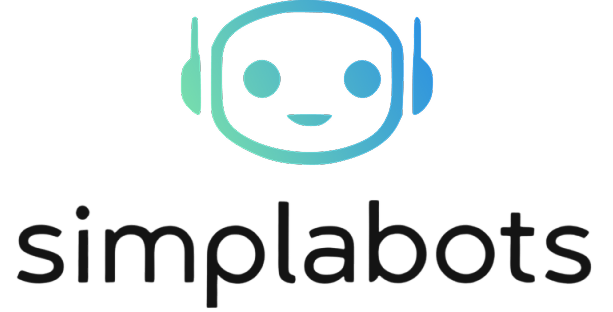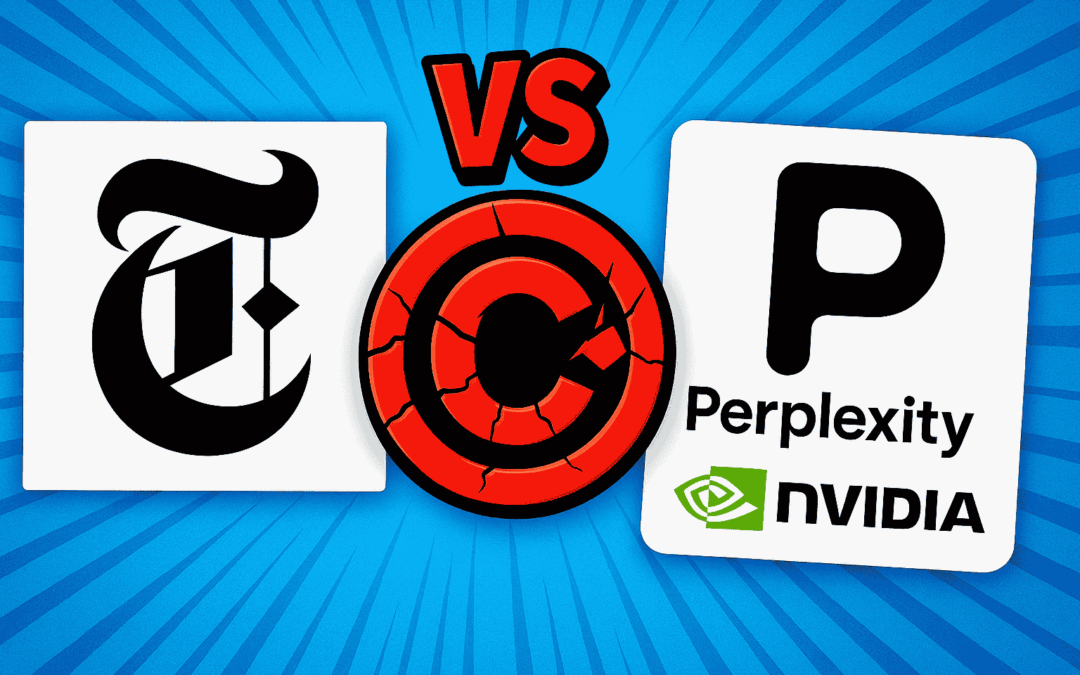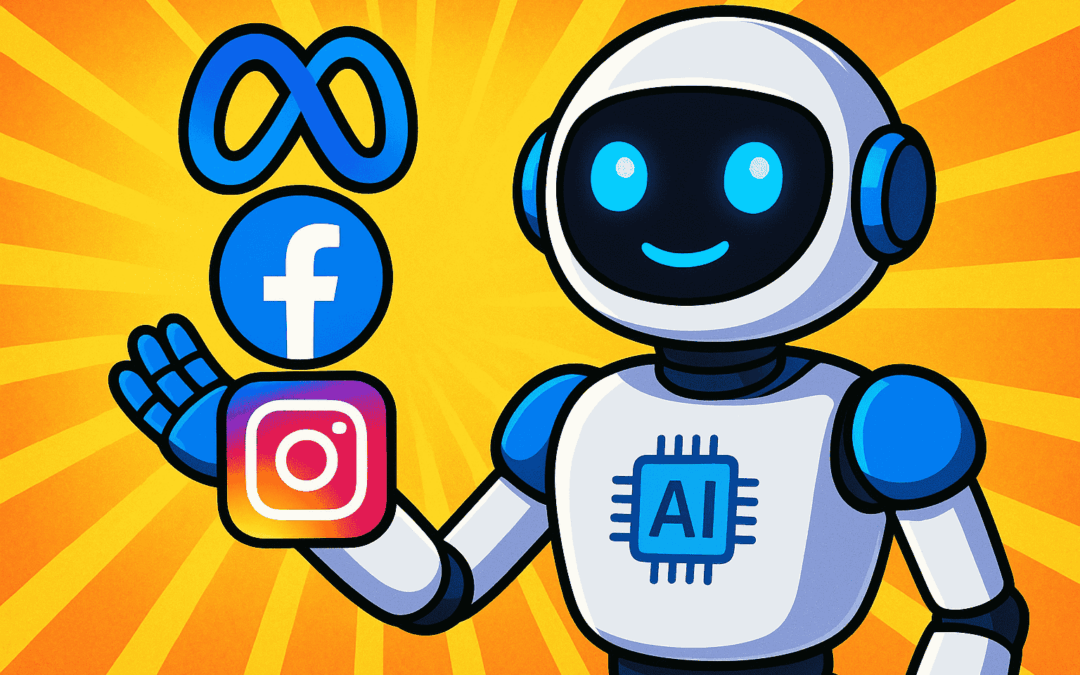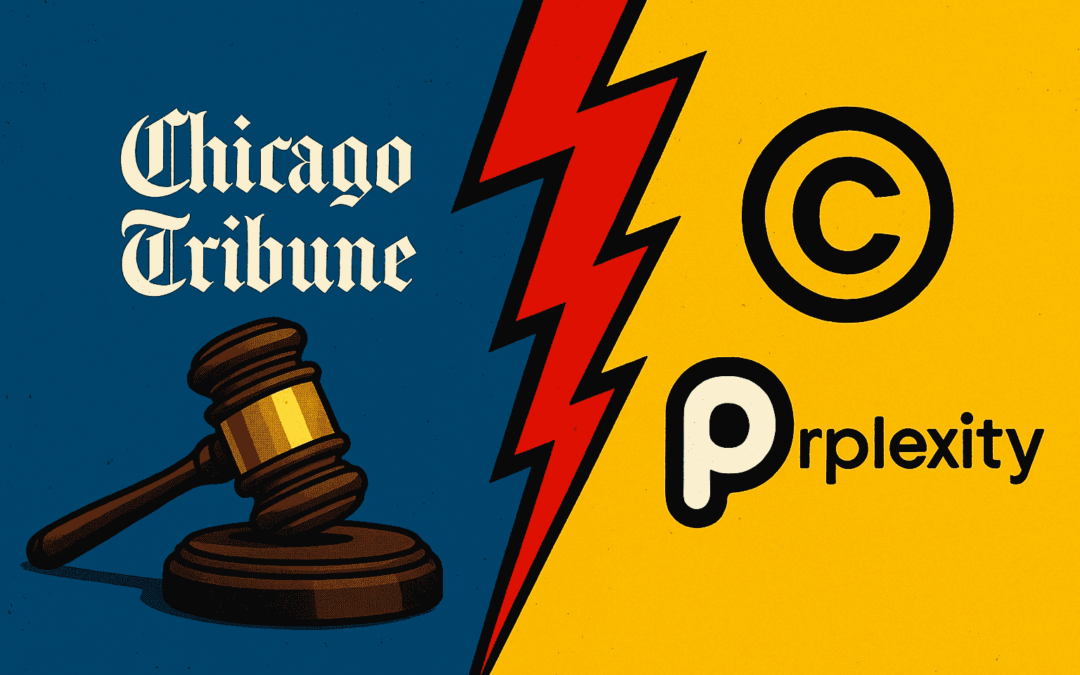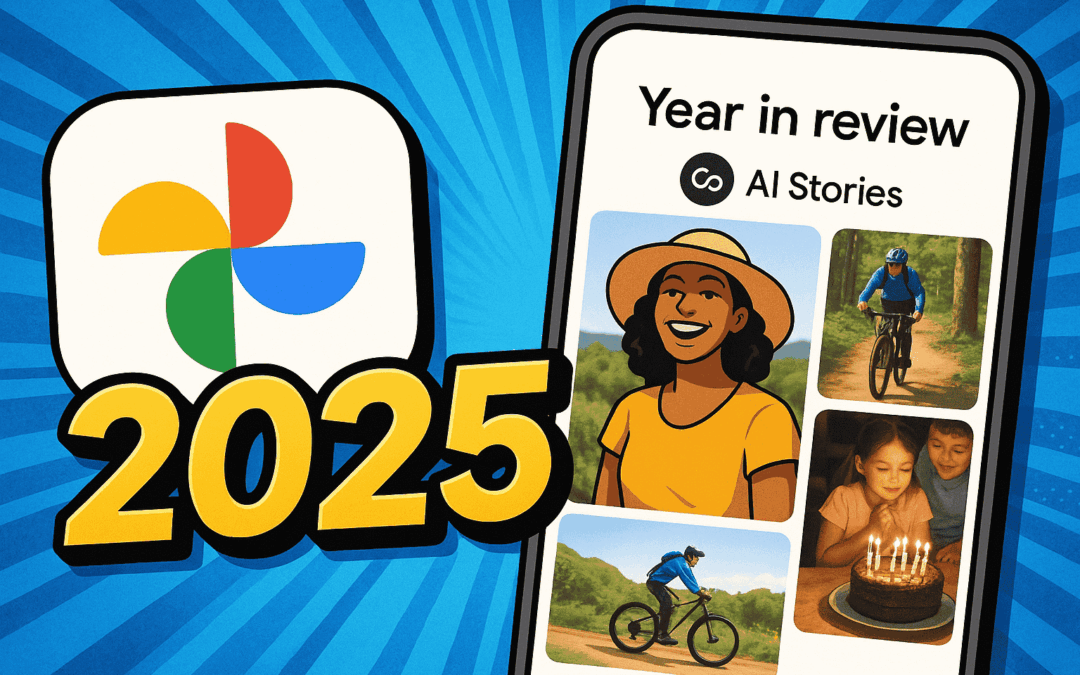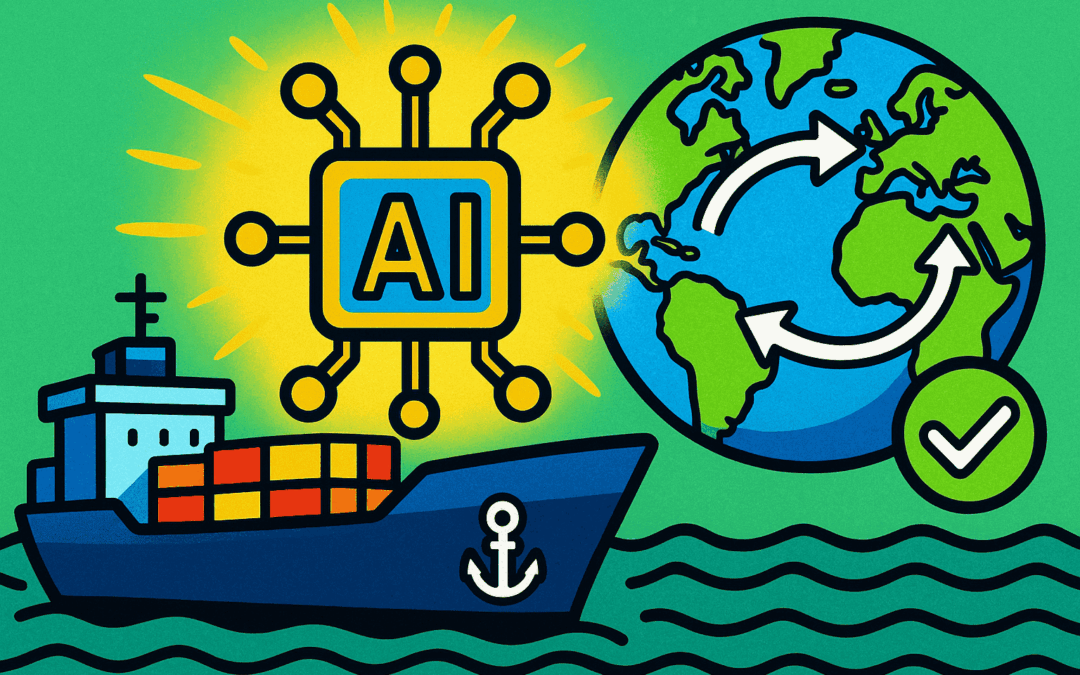Google’s latest breakthrough in AI strengthens the intersection of genomics and advanced machine learning, promising transformative implications for cancer research.
Using language model architecture, Google’s new tool automates and improves the accuracy of identifying key genetic mutations that drive cancer onset and progression.
Key Takeaways
- Google developed an AI model that identifies cancer-driving genetic mutations faster and more accurately than traditional methods.
- This tool uses large language model (LLM) architectures, mapping DNA mutations with high precision.
- The approach can accelerate cancer research, benefiting biotech startups, pharma, and clinical researchers.
- Automating variant analysis may lower operational barriers for smaller labs and early-stage ventures.
- Integration of generative AI and genomics signals new commercial and scientific possibilities in precision medicine.
Google’s AI in Genomics: A Technical Deep Dive
Google’s latest AI tool, named “AlphaMissense,” leverages the technologies behind large language models (LLMs) to interpret the pathogenicity of genetic variants associated with cancer.
Unlike traditional statistical or rules-based methods, AlphaMissense utilizes neural network architectures similar to those powering generative AI systems like ChatGPT.
It scans vast genomic sequences and contextualizes missense mutations, quickly discerning which variations likely trigger malignancy.
“AI models like AlphaMissense represent a leap forward for disease gene discovery, uncovering vital cancer drivers with unprecedented speed and accuracy.”
Recent reporting from Nature and The Verge confirms that AlphaMissense analyzed all 71 million possible missense mutations in the human genome, classifying 89 percent as either benign or potentially pathogenic.
This stands to support clinicians and researchers facing growing backlogs of uninterpreted genomic data.
Implications for Developers, Startups, and AI Professionals
The real-world implications are substantial. For AI developers, Google’s approach demonstrates how LLMs trained on genomic data can outperform even expert-reviewed methods.
This validates further investment in domain-adapted LLMs within biotech and healthcare.
Startups and clinical labs can integrate similar LLM-powered tools to accelerate rare disease diagnosis, cancer screening, and treatment-personalization pipelines.
The automated nature of AlphaMissense will reduce manual curation time, freeing up resources for innovation rather than repetitive annotation.
“Genomic AI tools are democratizing complex analytics, empowering startups to innovate in precision medicine without massive in-house expertise.”
AI professionals should note the growing demand for specialists in model training on complex biomedical datasets and the blurring boundary between NLP, vision, and bioinformatics tasks within generative AI development.
Challenges and Next Steps
While Google’s AI sets a new standard, sources highlight the persistent challenge of verifying predictions through biological experiments.
DeepMind research chief Pushmeet Kohli told TechCrunch that collaboration between AI engineers, clinicians, and wet-lab researchers will remain crucial to translate computational insights into viable therapies.
Furthermore, AI’s role in the regulatory pipeline is still emerging, and developers targeting clinical deployment must prioritize transparency, robustness, and explainability in their generative AI solutions.
“Explainable AI will become non-negotiable as generative models transition from research tools to frontline healthcare aids.”
Conclusion
Google’s AlphaMissense signals a pivotal moment for AI in healthcare—demonstrating how generative AI, LLMs, and bioinformatics converge to fast-track disease gene discovery and improve cancer care.
Developers, AI professionals, and startups targeting precision medicine should expect rapid evolution and opportunity at the intersection of deep learning and genomics.
Source: AI News
